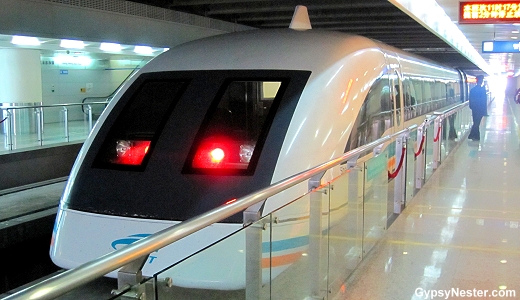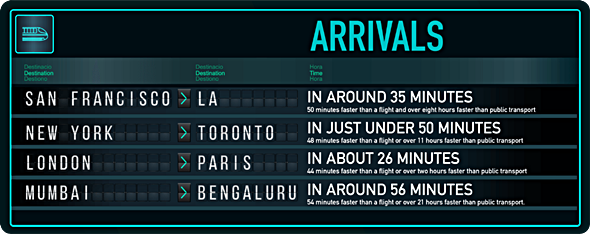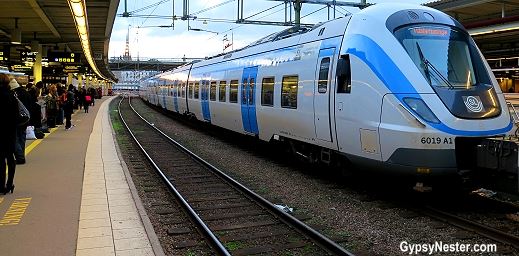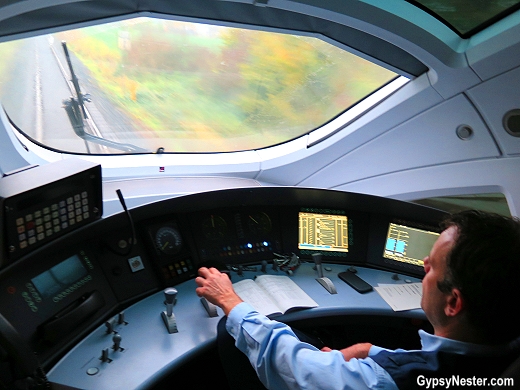You know us, we are nuts for trains, and the faster the better.
So while high speed trains may seem like the transportation of the future, and they certainly are, they are also here right now and have even been around for quite a while.
The first fast trains go all the way back to 1934 and the age of steam when a Burlington Railroad streamliner broke the one hundred mile per hour barrier. But an electric train in Germany had actually accomplished the feat thirty years prior to that.
Modern High Speed Rail, often called Bullet Trains, now runs all across the globe routinely achieving the one hundred mile per hour mark and in fact often doubling that.
Yet there is no set definition of “high speed” when it comes to trains.
In the United States it is defined as service that can be reasonably expected to reach sustained speeds of more than 125 miles per hour, while “very high speed rail” refers to trains running on special dedicated tracks at speeds of over 150 mph.

A few years ago we had the chance to ride the fastest one on Earth, the Maglev in Shanghai, which commonly reaches two hundred and fifty miles per hour on its run from the city to the airport, but has topped three hundred on test runs.
While it does not run on rails in the traditional sense, it is definitely considered high speed rail. The Maglev, as the name indicates, actually floats, or levitates, on a magnetic field. Hence the name, Mag-Lev.
We rode it just for fun, but high speed trains are also a great way to travel and offer several advantages to some other forms of transportation.
We think that the best of these benefits is the convenience of leaving and arriving in the center of the city as opposed to way out on the outskirts of town at the typical airport.
With Rail service there are no more stress-filled rides to the airport, no arriving two hours ahead of your flight, and no long lines for security, which can save so much time that it is almost like getting an extra day of vacation.
 https://www.comparethemarket.com.au
https://www.comparethemarket.com.au
This means that for any trip of under four hundred miles you will save time, and certainly aggravation by riding the rails.
Another big plus is that trains almost never get delayed by bad weather, so there are seldom delays and cancellations to disrupt the journey. That is certainly something to think about, especially when travelling over the holiday season.
But there are other less obvious advantages as well, not the least of which is comfort. It is nice to arrive at your destination relaxed and refreshed. Extra room, think legs not being crushed by the seat in front of you, certainly helps with that.

There is also room to move about the train, stretch your legs, and even have a decent meal or snack while travelling.
Another big plus is the reduced impact on the environment. The emissions produced while travelling by train can be up to 90% lower than when flying. Rail travel is often even more fuel efficient than driving your car.
The network of these super-fast railways has grown by leaps and bounds over the past few decades, especially in Europe and Asia. There are now well over five thousand miles of high speed track across Europe, and even more throughout Eastern Asia as Japan, China, South Korea, and Taiwan continue to add to their networks.

America may have been a little late to the party, but the plans are in place to significantly increase the availability of high speed trains in the near future.
All of this adds up to a better way to get from here to there, saving time, stress, and energy.
Also, it’s fun!
David & Veronica, GypsyNester.com



